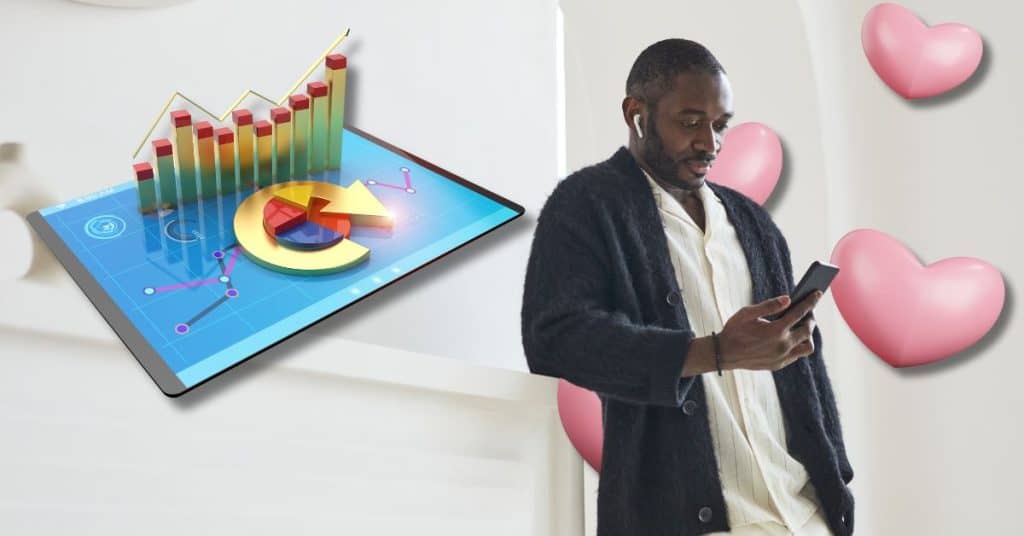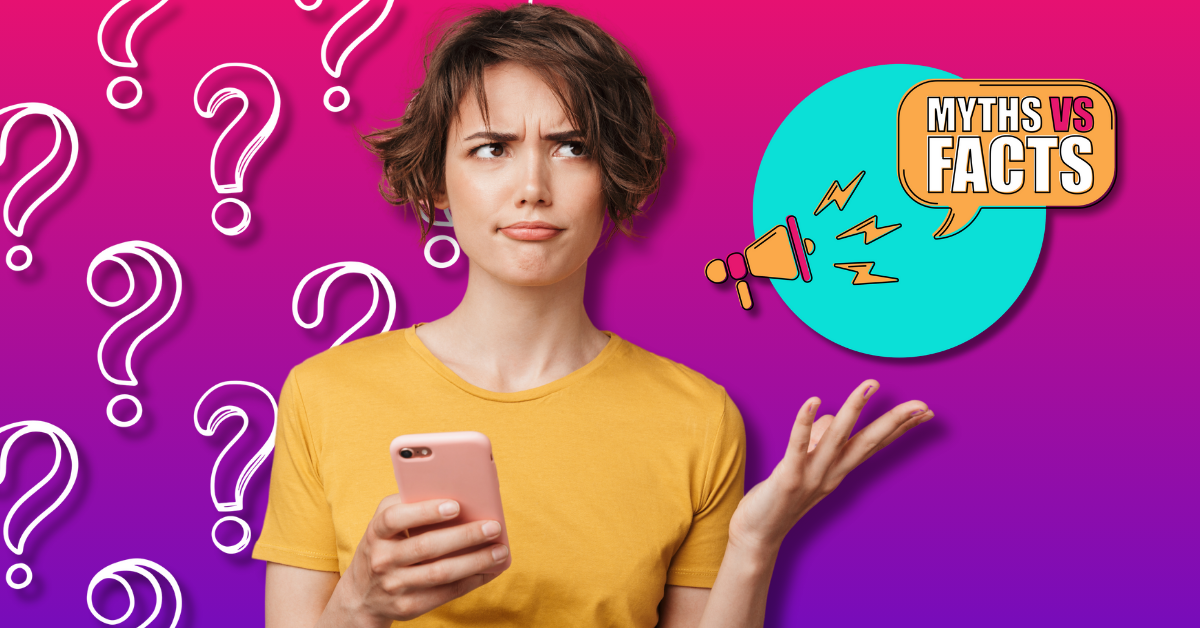The world of online dating has gone bonkers (in a good way) in the past 20 years, changing dating apps from a last-ditch effort to an easy and favored way of meeting potential partners. But behind the profiles and DMs lies a bundle of goodies of data on human behavior and attraction when it comes to online dating!
What makes us click, literally and figuratively? Here, we’ll explore the scientific findings and statistics that reveal and explain a few key factors about the multifaceted world of online dating and what drives the behavior behind it!
What is the Science of Attraction?
The science of attraction is a wide-ranging field that explores why we’re drawn to certain individuals and have absolutely no interest in others. It encompasses an array of factors, from biological to psychological and social. Here’s the short version:

Biological Factors
- Pheromones: These are chemical signals that can be subconsciously detected and may play a role in sexual attraction–think of it as your body’s own natural perfume.
- Symmetry: Studies have shown that facial and bodily symmetry (i.e. a pretty or handsome face and a nice body) are more attractive, possibly because they indicate good health and genetic fitness.
- Hormones: The fun hormones like oxytocin and dopamine are released during interactions that generate feelings of love and physical attraction.

Psychological Factors
- Similarity: We are often attracted to people with similar interests, values, and backgrounds.
- Proximity: The mere exposure effect explains why we are more attracted to people we interact with regularly.
- Reciprocity: Just knowing that someone is attracted to us can increase our attraction to them (this sounds nuts, but it’s true; we double-checked).
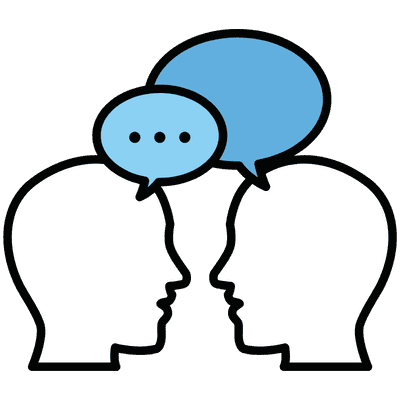
Social Factors
- Socioeconomic Status: Sometimes, attraction is influenced by impressions of social standing or financial stability–you may be more attracted to a wealthier person because you innately sense they are “safer” or a celebrity because of their fame.
- Cultural Standards: What is considered attractive can vary super dramatically from one culture to another–and from person to person within said culture.
- Media Influence: The media can and does significantly shape our views on what we think of as “attractive.”
Understanding the science of attraction involves blending insights from biology, psychology, sociology, and even evolutionary theory to create a comprehensive picture of what draws us to certain people when it comes to love and romance.
The Chemistry of Online Dating
Helen Fisher, an anthropologist and relationship expert, has extensively researched the role of chemistry in romantic connections. In her study “Romantic Love: a mammalian brain system for mate choice,” she found that hormones like dopamine and oxytocin still play a significant role even in online interactions.
So, even when you’re DMing or swiping right, your brain is engaged in a molecular Tango of attraction.

Looks Matter, But How Much?
Let’s be honest—physical appearance is often, okay fine, mostly, the first thing we consider when using a dating app. The “What Makes You Click? Mate Preferences in Online Dating” study from the University of Chicago reinforces this, showing that dating profile pictures heavily influence our selections. Interestingly, men are far more influenced by looks than women when it comes to online dating.

Communication: Short and Sweet
Have you ever written a well-thought-out, heartfelt message only to get a one-word reply? You’re not alone. According to a 2019 study from the Journal of Computer-Mediated Communication, longer messages are often met with shorter replies, suggesting brevity is key when making initial contact. In other words, keep it short and sweet.
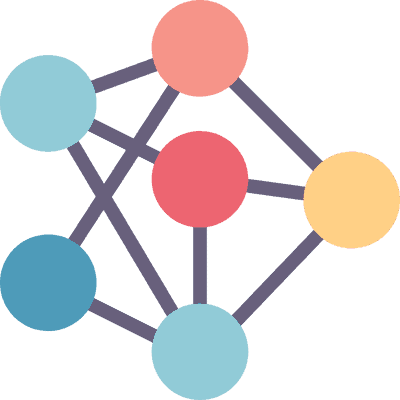
The Impact of Algorithms
Do you wonder how much algorithms contribute to successful matches? Surprisingly, a study indicates that these algorithms have only a modest impact on successful long-term matching. Although they certainly don’t hurt your relationship chances, they don’t necessarily improve them, either.
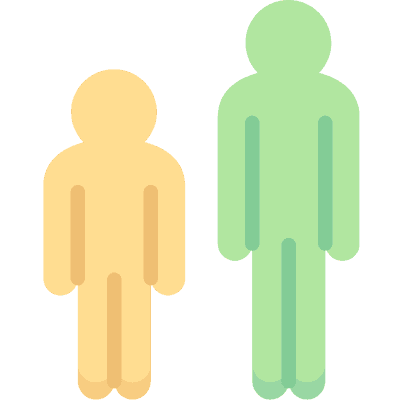
Age and Online Dating: Demographic Divergence
While younger singles are more comfortable with online dating, the older, more mature generations are slowly but surely warming up to it. A Pew Research study showed that 48% of 18- to 29-year-olds have used dating apps, compared to just 13% of those 65 and older.

Cultural Influences and Preferences
Your cultural background could shape your online dating experience. A study conducted in 2018 found that people generally prefer partners from their own cultural backgrounds. This natural inclination significantly influences online dating behavior.
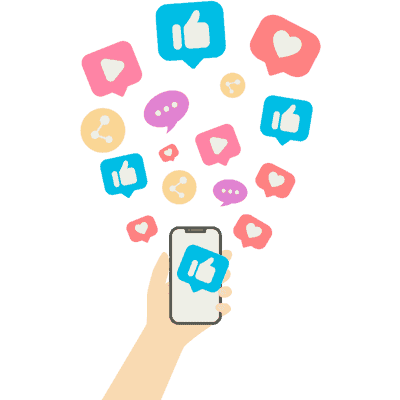
The Role of Socioeconomic Status
Higher income and educational levels seem to increase one’s tendency to date online–a study published in Sociological Science found that higher socioeconomic status allows individuals more freedom to explore romantic relationships on dating apps.
How Do Online Dating and Human Behavior Intersect?
Online dating and human behavior intersect in a variety of ways, providing a truly unique lens through which to study attraction, interpersonal dynamics, and social trends. Here’s how they converge:

Decision-Making Processes
- Choice Overload: Online dating gives people a ton of options, which can be overwhelming. This large quantity aligns with the psychological concept of “choice overload,” where too many options can lead to decision paralysis or disappointment.
- First Impressions: Profile pictures and initial private messages carry a lot of weight in online dating, echoing psychological theories about the power of first impressions.
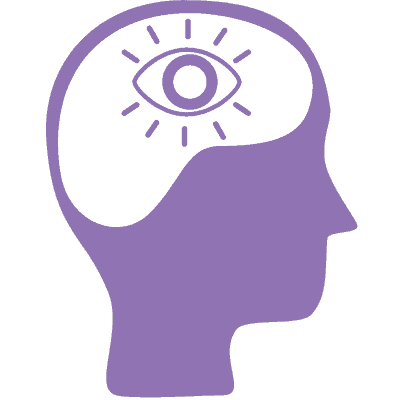
Psychological Principles
- Reciprocity: Knowing someone is into you romantically can boost your affection for that person( once again, this is a fact; we triple-checked), a widely known psychological principle that relates to the swipe-right culture of dating apps.
- Confirmation Bias: Users could interpret interactions in a way that proves any preexisting beliefs about dating and attraction, ultimately reinforcing stereotypes or specific dating preferences and “types.”

Social Dynamics
- Cultural Influences: Social norms and cultural backgrounds play a huge part in how people present themselves and what they look for in a partner with dating apps.
- Demographic Trends: Online dating can also reflect broader social trends, including age, race, and socioeconomic status, offering observations into societal behaviors and individual tastes when it comes to romantic relationships.

Technological Impact
- Algorithmic Matching: The algorithms used in dating apps claim to find the “best match” based on various factors. However, though studies suggest that these algorithms can predict initial attraction, they’re not so effective at gauging long-term compatibility–but that’s nearly impossible to predict unless you are a seer.
- Online vs. Offline Behavior: Online dating also opens up the study of how behavior changes in digital spaces instead of face-to-face interactions. For example, people might be a bit more outgoing and bold, dishonest, or straight-up lie online than in person.
By merging elements of psychology, sociology, and behavioral science, the study of online dating provides ample info for understanding human behavior in the setting of romantic attraction and relationships.
Takeaways
The landscape of online dating is a mix of many things, including psychological principles, evolutionary biology, and modern technology. From the sophisticated matching algorithms that play a big role in physical attraction to socioeconomic influences, science offers amazing insights into what makes us swipe left or right, click that little heart button, or say, “No, thanks, NEXT.”
While online dating may seem like a game, it’s rooted in very real human behaviors and wants. And as science continues to study and analyze the intricacies of attraction and relationships, we can expect even more interesting revelations and “AHA” moments about this always-changing component of human interaction.
With the growth of online dating unlikely to slow down, understanding the science behind it can not only improve your own experience but also offer super valuable social insights. Whether you’re a seasoned swiper or a fresh-on-the-scene dating app noob, these studies shed some light on the complex world of dating online.
